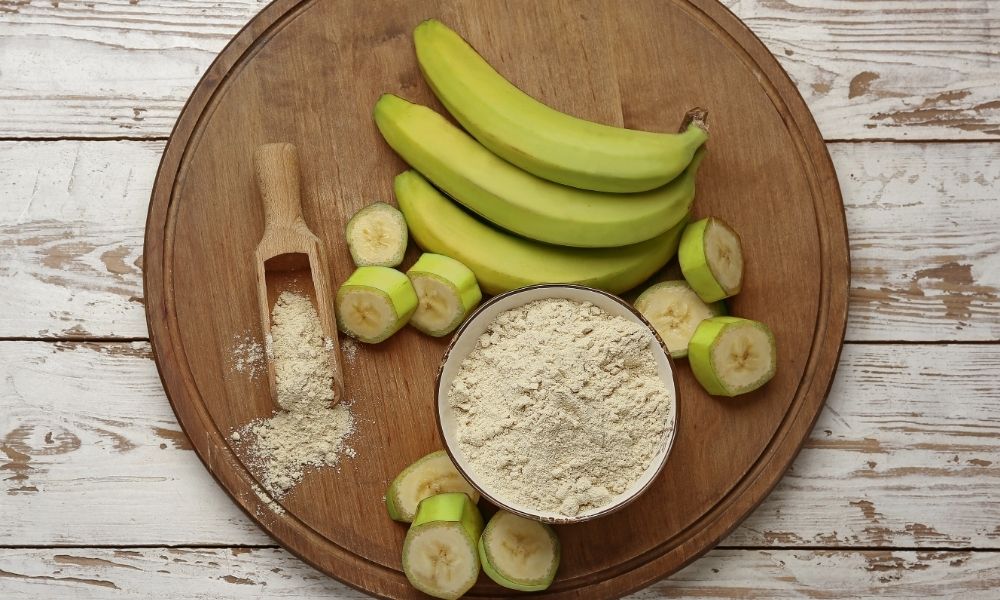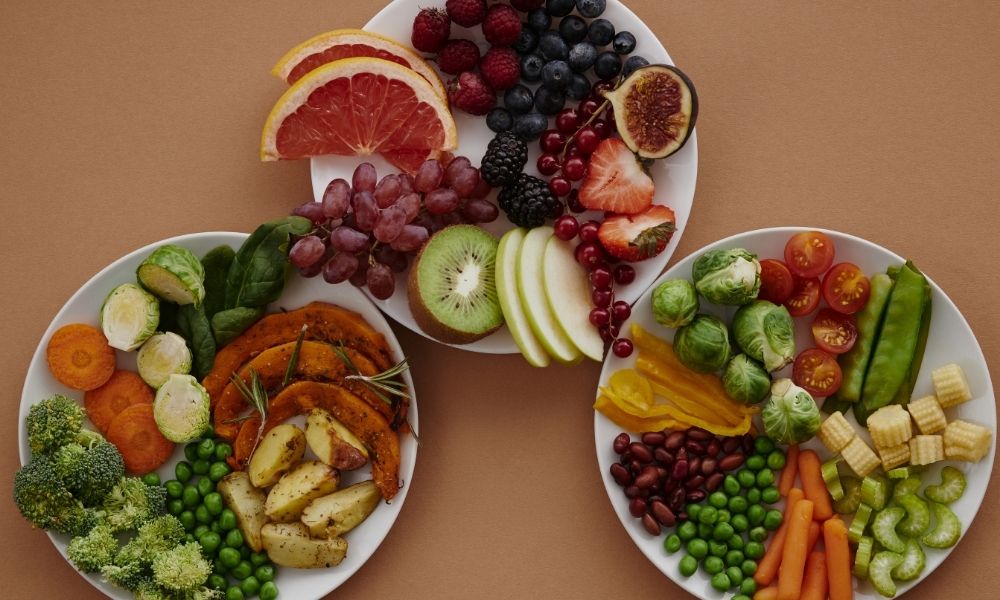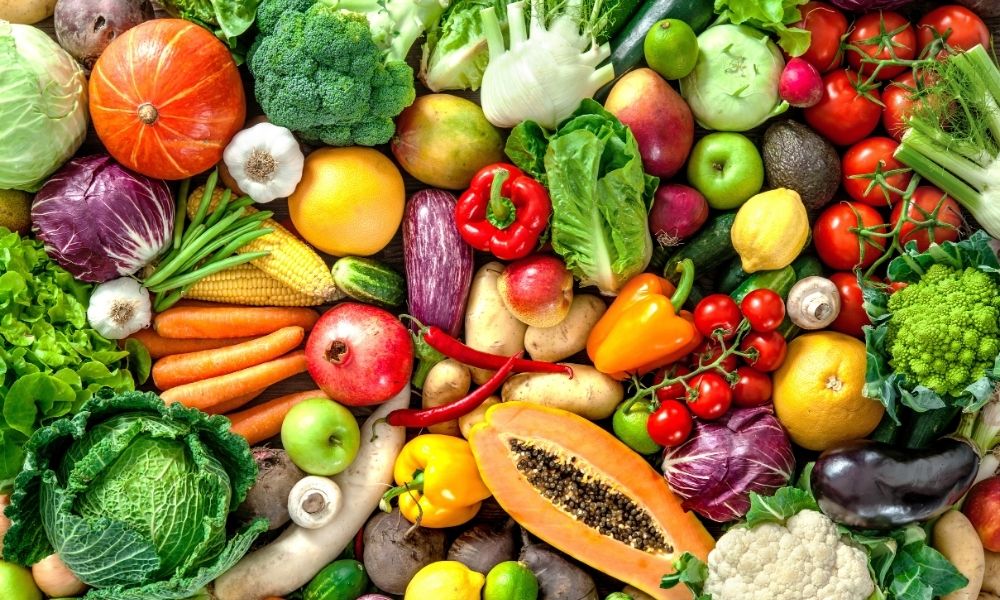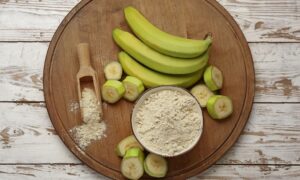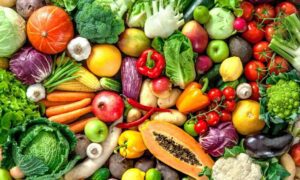Ultra-processed foods, a classification proposed by the Food and Agriculture Organization of the United Nations, refers to several types of food defined as industrial food formulations based on oils, fats and carbohydrates and laboratory synthesized ingredients, such as ready-to-eat and frozen meals, soft drinks, cookies, snacks, and instant noodles. The increased consumption of these products is correlated with a higher incidence of the so called Chronic Non-communicable Diseases (NCDs).
Chronic non-communicable diseases are multifactorial illnesses, associated with lifestyle and genetic factors, which develop over a long period of time and are not transmitted among people. Examples of NCDs are cardiovascular diseases, diabetes, intestinal inflammation and even obesity. It is known that the population growth and urbanization of countries have led to changes in dietary habits and the increase in the consumption of ultra-processed foods.
These new eating patterns, also called the “Western Diet”, marked by the presence of processed foods in meals, lead to the consumption of large amounts of sodium, refined sugars, and fat, and, at the same time, low amounts of fiber and micronutrients. There has been also an association of this dietary pattern with a sedentary lifestyle.
It is estimated that in the United States, 30% of the population’s ingested calories comes from foods rich in sugar, high in calories, poor in nutrients, with low bioavailability of vitamins and minerals such as calcium and magnesium. There has been a correlation of this dietary pattern and obesity and low-grade chronic inflammation. An additional proven consequence of the high consumption of ultra-processed foods is the alteration of the intestinal microbiota, leading to dysbiosis, an imbalance of good and bad bacteria in the intestine, that is also associated with the onset of the NCDs.
Currently, it has been found the main strategy for reducing the incidence of NCDs is to increase the consumption of food that is fresh and rich in fiber and vitamins, while reducing the consumption of ultra-processed foods.
Verum ingredients offers a portfolio of powdered fruits and botanical extracts that are rich in fiber, vitamins and minerals. Contact one of our consultants today through one of our channels to learn more about how to use our products to formulate healthy, clean label foods.





